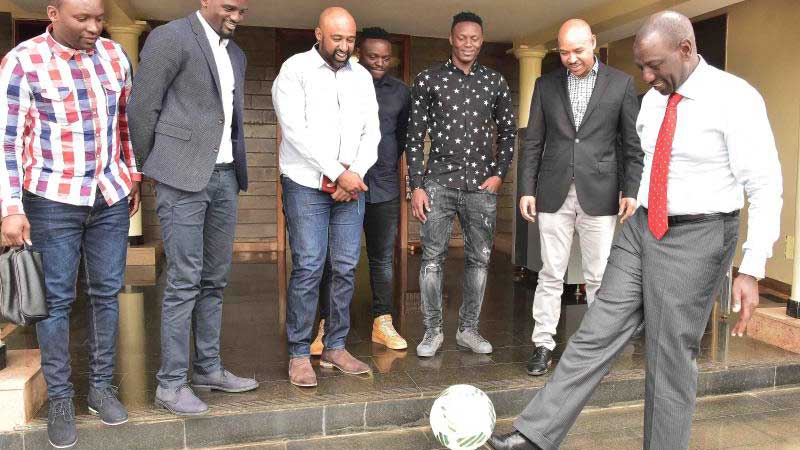
When President Uhuru Kenyatta articulated the agenda that would be the hallmark of his legacy, an agenda that we now fondly refer to as the Big Four agenda, we the youth gave our ears to it and its possible implications to our wellbeing and future.
The resolution came at an interesting time. It was the end of another election cycle, challenging as it had been, and the youth were anxious about the future and what it held for them - anxious because the conversation about the future of the youth was long overdue, and had arguably been the bedrock of a couple of manifestos written by many of those who aspired to clinch the seat in the house on the hill.